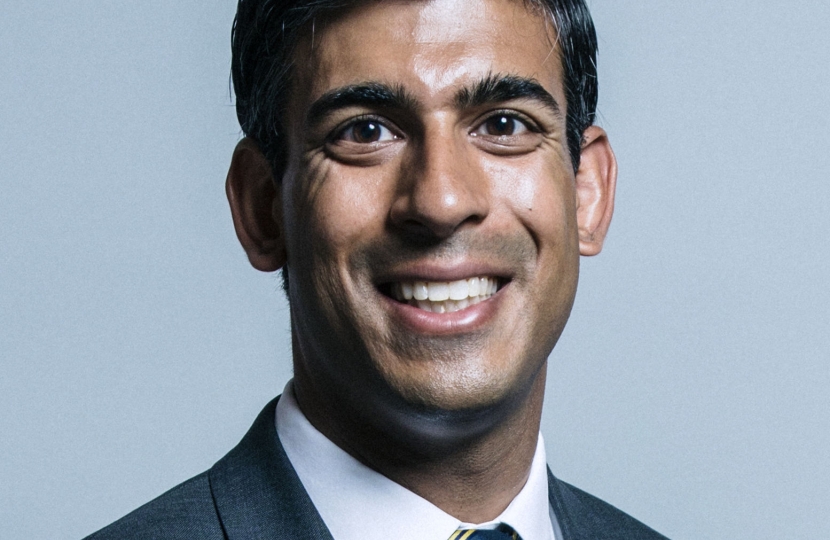
SPENDING REVIEW 2020
Chancellor Rishi Sunak has presented his Spending Review for the financial year 2021-2022. While Spending Reviews typically cover departmental spending plans for the ensuing 3 to 4 years, in light of the economic uncertainty caused by COVID-19 the Chancellor decided that this review would cover only the coming 12 months.
Sunak argued that the health emergency was not yet over and the economic emergency was only just beginning. The statistics cited by the Chancellor painted a bleak picture – the UK economy is expected to contract by 11.3% this year, and will not return to pre-crisis levels until the end of 2022, government borrowing of £394 billion this year will be the highest ever peacetime amount, and unemployment is forecast to peak next year at 7.6%, affecting directly 2.6 million people. “Long term scarring” will mean that, by 2025, the economy will be around 3% smaller than forecast in the March Budget.
Nonetheless, the Chancellor asserted that the cost of inaction was “far higher” than the cost of action, noting that the Government had provided £280 billion of COVID-support to date, and would spend an additional £55 billion next year to support the recovery. Measures taken by the government had protected lives and livelihoods, he said. However, while this Spending Review would deliver on the peoples’ priorities, a more sustainable fiscal position would need to be reached in the medium term, he argued. Accordingly, public sector pay freezes and a reduction in overseas aid spending were announced alongside infrastructure investment and more money for the NHS.
Of the announcements made by the Chancellor, perhaps of greatest interest to the City of London will be the 4.5% increase in local authority core funding, public sector pay restraint and the increase in the Living Wage, and the creation of a UK Infrastructure Bank. Announcements made in the statement included:
Employment and Wages
- To help the longer-term unemployed, the Chancellor announced a £3 billion Restart Programme.
- The Chancellor announced a public sector pay freeze for next year. However, those working in the NHS and others earning below the median wage will still see their pay increase.
- The National Living Wage will increase by 2.2% to £8.91 an hour. The National Minimum Wage will also be increased.
Departmental Spending and Public Services
- Day-to-day departmental budgets will increase by £14.8 billion in 2021, a real-terms rise of 3.8%.
- Funding will be provided to pilot approaches to the UK Shared Prosperity Fund, a replacement to EU structural funding which will average £1.5 billion a year.
- The core health budget will increase by £6.6 billion, enough funding for 50,000 more nurses and 50 million GP appointments.
- Local Authority core spending will be increased by 4.5%. Local authorities will be given extra flexibility over Council Tax and the Adult Social Care Precept, along with £300 million of grant funding, to help fund social care.
- The schools budget will increase by £2.2 billion, with an increase in per-pupil funding of at least 2%.
- Funding for the criminal justice system wall increase by £1 billion, in addition to £4 billion to 2025 to provide 18,000 new prison places.
Defence and International Aid
- As presaged in the media, the Chancellor announced that the UK’s commitment to spend 0.7% of GDP on foreign aid would be reduced to 0.5% of national income. It is the Government’s intention to return to 0.7% “when the fiscal situation allows.”
- £24 billion will be invested in defence over the next four years, “the biggest sustained increase in 30 years.”
Infrastructure Spending
- Capital spending in 2021 will total £100 billion, and will include a £7.1 billion National Home Building Fund, investment in faster broadband and more widespread 4G connectivity, upgrades to roads, railways and cycle lanes, and £15 billion Research and Development investment.
- The Chancellor announced the publication of a new National Infrastructure Strategy, and the creation of a UK Infrastructure Bank to be headquartered in the north of England. The Bank, which will work with the private sector to finance investment projects across the UK, will launch next Spring.
- Finally, the Chancellor announced a £4 billion Levelling Up Fund. It will be jointly managed by the Treasury, Dept for Transport and Ministry of Housing. Projects bidding to the fund will need to have “real impact,” command local support, including from the local MP, and must be delivered in this Parliament.

